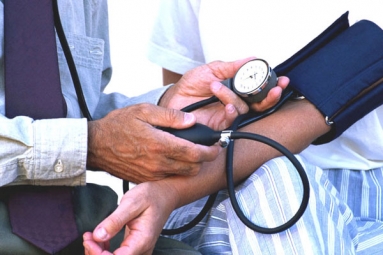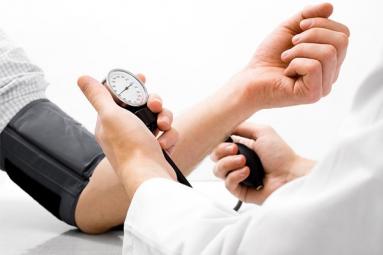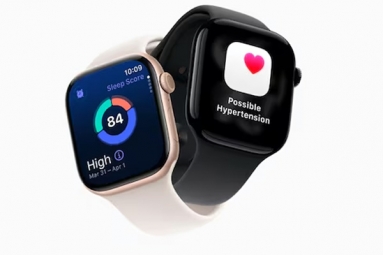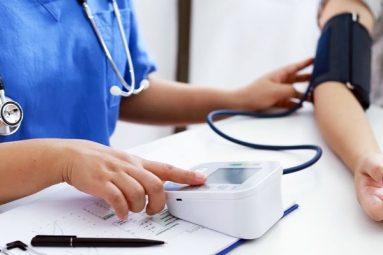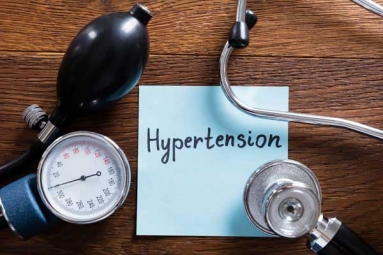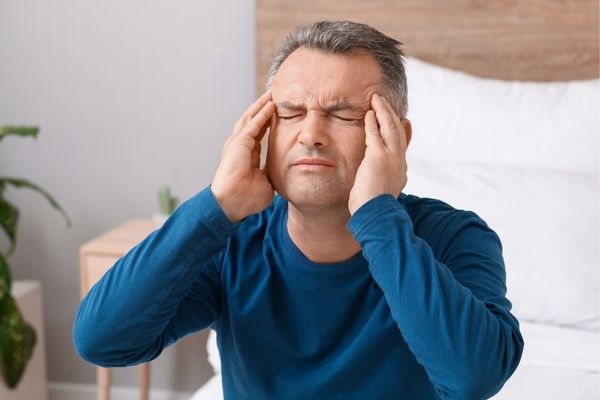
(Image source from: Canva.com)
Hypertension, often called high blood pressure, is a serious health issue defined by the ongoing rise of blood pressure in the arteries. It is frequently referred to as a "silent killer" because many people do not notice any symptoms, which allows the problem to go unnoticed until it severely harms the body’s organs. Prolonged high blood pressure can result in several health issues, such as heart disease, stroke, kidney damage, and other serious complications. One common sign related to hypertension is headaches. When blood pressure spikes, it puts extra pressure on the blood vessels in the brain, stretching or damaging the vessel walls. This irritation can lead to pain or throbbing, especially at the back of the head. Typically, these headaches occur in people with hypertension and are associated with serious or sudden high blood pressure (hypertensive crisis).
Headaches from high blood pressure can be a sign of increased blood pressure, which can be harmful and might require medical attention. Severe hypertension, known as a hypertensive crisis, can result in more intense headaches along with other symptoms like changes in vision or nausea. Headaches that go on for a long time or that feel severe may indicate a hypertensive crisis, which is dangerous because it can raise the chances of having a stroke, heart attack, or organ damage. It is vital for patients to pay attention to such headaches because of the possibility of serious complications. Receiving an accurate diagnosis and managing blood pressure to relieve symptoms is important. However, many individuals with slightly elevated blood pressure do not experience headaches. Yet, a sudden, intense headache or a pounding headache, especially if accompanied by dizziness, blurry vision, or nosebleeds, might suggest dangerously high blood pressure. The only way to find out if high blood pressure is the cause of a headache is through regular checking.
Here are the Suggestions:
Regular monitoring: Frequently check blood pressure readings to spot any sudden increases or patterns that may need attention. This practice will also enable you to make necessary changes to your diet and lifestyle in a timely manner.
Healthy diet: Follow a balanced diet that is low in salt and high in fruits, vegetables, whole grains, and healthy fats. The DASH (Dietary Approaches to Stop Hypertension) diet is often suggested for managing blood pressure.
Stay hydrated: Not drinking enough water can lead to headaches, so it is crucial to drink lots of water every day.
Exercise regularly: Engaging in moderate exercise for at least 150 minutes each week can help reduce blood pressure and lessen headache occurrences.
Manage stress: Use stress-relief methods such as mindfulness, meditation, or yoga to maintain blood pressure and ease headache discomfort.
Limit alcohol and caffeine: Both can raise blood pressure, so moderation is essential.
If headaches continue or worsen, getting medical advice is important. A healthcare provider can assist in finding the best way to manage your condition.








